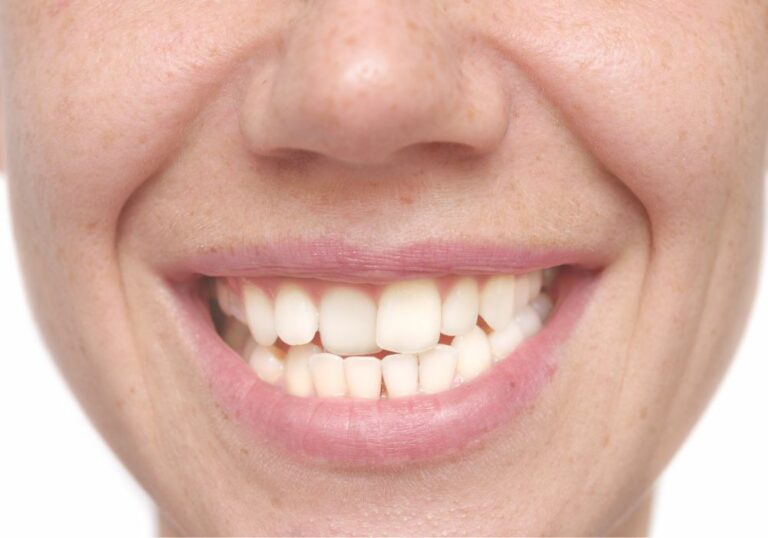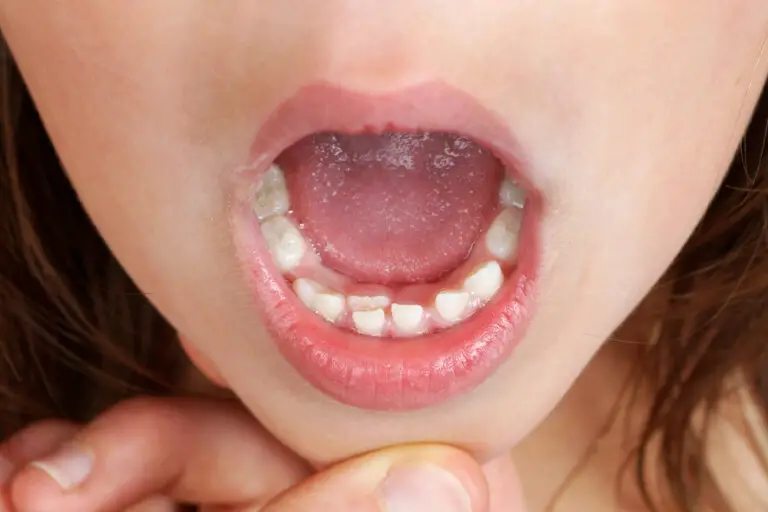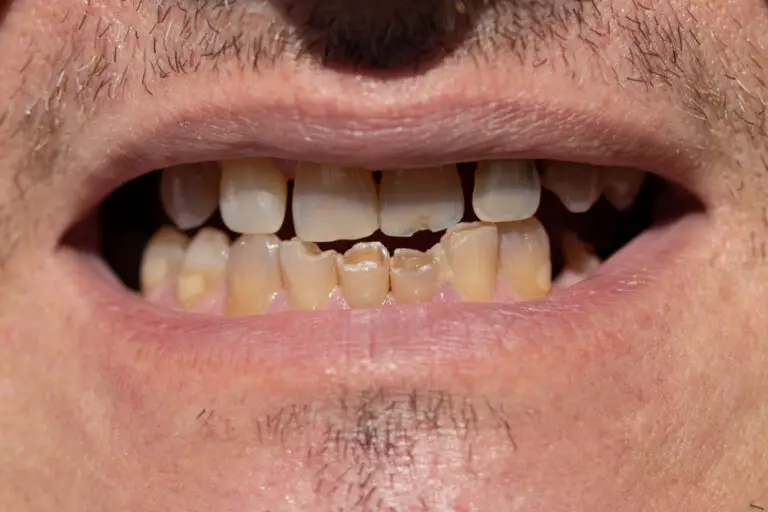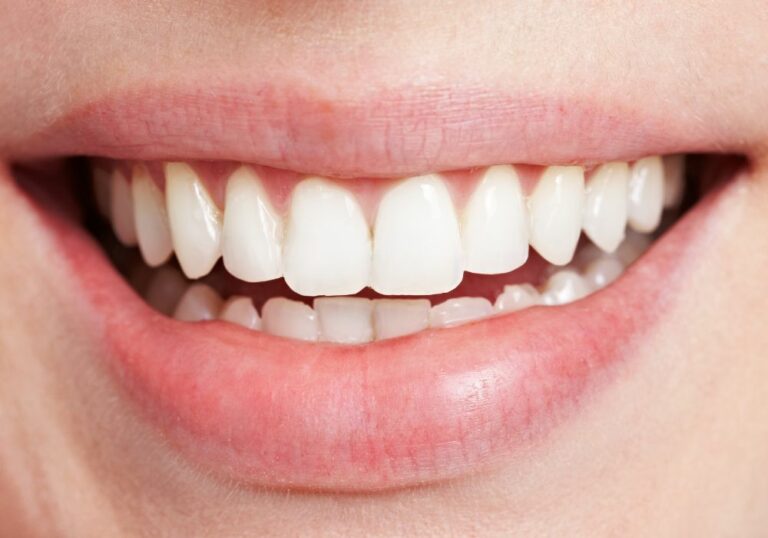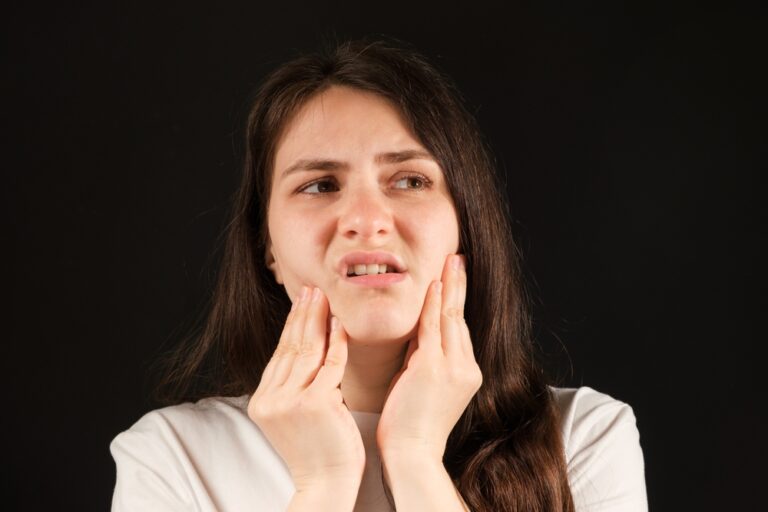Have you been using teeth whitening strips and experienced tooth pain following the whitening treatment? When you experience pain after teeth whitening, it will be natural to ask why do my teeth hurt after whitening strips. Does it mean that you should discontinue their use and if you cannot use them, how can you achieve whiter teeth?
Teeth whitening has become increasingly popular and accessible with products such as teeth whitening strips and in this article, we explore why they may cause pain for some users. You will also find suggestions on how to lessen tooth sensitivity following whitening strips.
What Are Teeth Whitening Strips?
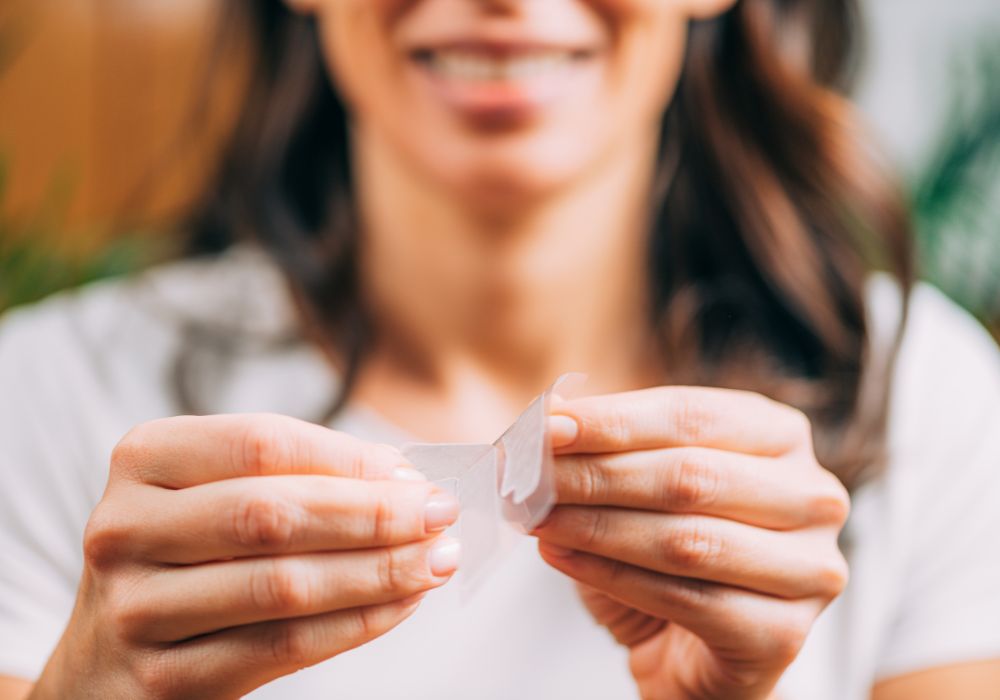
Teeth whitening strips are used to restore the natural color of your teeth. The strips contain hydrogen peroxide, which whitens the enamel on your teeth when it comes into contact with them. The strips are most often made with polyethylene, which is very thin and elastic plastic. The strips are then coated with the whitening ingredient.
Whitening strips come in different strengths, with some containing more peroxide than others. When the strips are applied to your teeth, they will remove discoloration and stains from the surface. How long you wear the strips depends on the specific product, so always read the instructions carefully before using them.
What Are the Benefits of Teeth Whitening Strips
For many people, one of the key benefits of whitening strips is that they are cheaper than many other whitening treatments, especially those carried out by a dentist. They are cheaper because they are made out of inexpensive materials and because they can be applied at home.
Whitening strips are also easy to use. Most kits will have two sets of whitening strips: one for your lower teeth and the other for your upper teeth. Usually, the strips are used twice a day for approximately two weeks but specific instructions will vary.
The final benefit of whitening strips is that you will notice quick results. When you use the strips according to the instructions, you should notice a difference within a few days. The results last on average around four months depending on your diet and how well you look after your teeth.
What Causes Teeth Sensitivity After Whitening Strips?

Following a whitening treatment, your teeth may hurt when eating and drinking cold, sweet, acidic, or sour foods and beverages, or when brushing your teeth. Some people may even experience some level of teeth sensitivity when the teeth come in contact with air.
There are two main causes for teeth sensitivity after whitening products, which are exposure to hydrogen peroxide and dentin hypersensitivity.
Hydrogen Peroxide
For some people, the sensitivity is caused by the hydrogen peroxide used in the over-the-counter strips for teeth whitening. The peroxide is acidic and as it works to remove stains and discoloration, it can also cause erosion on the surface of your teeth and damage the enamel.
For the whitening process to work, the peroxide needs to penetrate the enamel so it can oxidize colored compounds on the dentin layer. The discomfort caused by this is often referred to as bleaching sensitivity. It can happen to you even if your teeth have not been sensitive before.
Dentin hypersensitivity
This is a common cause of tooth pain following tooth whitening treatments. You may also experience this type of sensitivity when you are eating or drinking very hot or cold food and drinks. Dentin hypersensitivity is caused by fluids shifting in the dentinal tubules. As they shift, they activate nerve endings in the pulp and dentin of the tooth.
How Long Will Teeth Hurt After Whitening Strips?
For some people, teeth sensitivity after whitening only last for a short while. However, for others, the sensitivity may last for days after the treatment. It is not possible to predict who will experience tooth sensitivity and how long it will last.
However, for most people, the sensitivity will go away when the treatment is over or soon after. If your teeth continue to be sensitive, speak to your dentist as it could be a sign of an underlying dental health problem, including exposed dentin so the nerves are not protected, tooth decay, cracks in your teeth, or defective dental restorations.
How to Prevent Tooth Sensitivity Caused by Whitening Strips

If you have experienced tooth sensitivity following whitening strips in the past or are worried they will make your teeth sensitive, there are some ways you can lower the likelihood of sensitive teeth. However, they may not work for everyone or may not fully prevent tooth sensitivity.
Choose Strips with Less Hydrogen Peroxide
Most whitening strips that are available over the counter have between 5.3% and 6.5% of bleaching agents. Dental providers may use whitening strips that contain carbamide peroxide and are stronger, containing between 10% and 45% of peroxide. If you find your teeth are sensitive after treatment, choose products with lower concentrations.
Wear the Strips for a Shorter Time
If you get sensitive teeth after whitening strips, wear them for a shorter time. When the time the strips are in contact with your teeth is reduced, it may lower the risk of teeth sensitivity. This may mean your teeth will whiten slower but you will still get a brighter smile over time.
Leave Longer Between Treatments
If you are using the strips every day and experiencing tooth sensitivity, try using the strips less frequently. For example, you might only use the strips every second day or use them once a day instead of twice. Leaving longer between the applications will give your teeth more time to settle down before the bleaching agent is applied again.
Use a Smaller Amount of the Whitening Product
As well as reducing the time or frequency of applications, you can also reduce the amount of the whitening product you use, if you use a whitening tray. Do not overfill the tray with the gel to prevent it from overflowing onto your gums because this can increase the likelihood of tooth sensitivity.
Use Sensitive Toothpaste
When you experience sensitive teeth either following a whitening treatment or otherwise, try using sensitive toothpaste. It includes potassium nitrate, which is an ingredient that can reduce tooth sensitivity. It is more effective when used twice a day.
Use Fluoride or Desensitizing Gel
If your teeth sensitivity is not going away, speak to your dentist about fluoride varnish and desensitizing gels. When you apply these products to your teeth, it forms a thin protective layer on them. These treatments provided by dentists can provide relief from sensitive teeth for up to eight weeks.
Watch What You Eat
Since certain foods and drinks, hot, cold, acidic, spicy, sour, or sweet, can make tooth sensitivity worse, avoid consuming them following teeth whitening. Stick to foods that are more gentle on your teeth.
Correct Brushing
Brushing your teeth may also make your teeth hurt following a whitening treatment. Use a brush with medium or soft bristles because they will be gentler on your teeth and do not press too hard. Too aggressive brushing can further damage tooth enamel over time and make your teeth more sensitive.
Get Professional Teeth Whitening
If you have tooth sensitivity after you have used whitening strips, consider getting your dentist to whiten your teeth. Yes, it will be more expensive but it can also give you the best and the safest results. Your dentist will be also able to further advise you on the right care if your teeth are sensitive after treatment.
Take a Break
If you have tried all of the above and your teeth continue to be sensitive, take a break from the whitening treatment. Leave the treatment for around a month before you use the strips again. This will give your teeth more time to recover.
Looking After Your Teeth
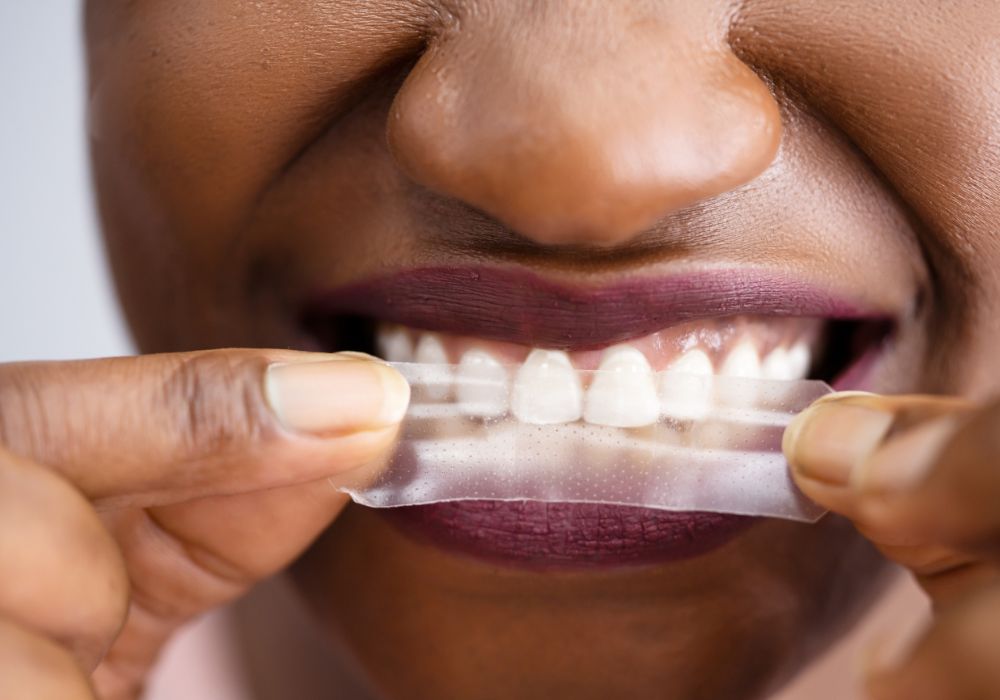
When you have gone through a teeth whitening treatment, you want to ensure you keep the results as long as possible. Brushing your teeth twice a day, flossing once a day, and regular professional dental cleanings will help to keep them whiter.
You should also avoid activities that can stain your teeth. This includes avoiding foods and drinks that stain teeth such as red wine, coffee, and dark fruits. Smoking will also discolor your teeth so consider giving up if you are a smoker.
Conclusion
Experiencing tooth sensitivity when using whitening strips is not an uncommon issue- As the active ingredient works to remove stains and discoloration it can make your teeth more sensitive during and sometimes for a while following the treatment. However, the sensitivity should go away after a short while.
If you experience pain in your teeth following a whitening procedure, try using the product less frequently or wearing the strips for a shorter time. You should avoid food and drink that can increase the sensitivity such as cold beverages and acidic foods. If the sensitivity does not go away on its own, speak to your dentist.

